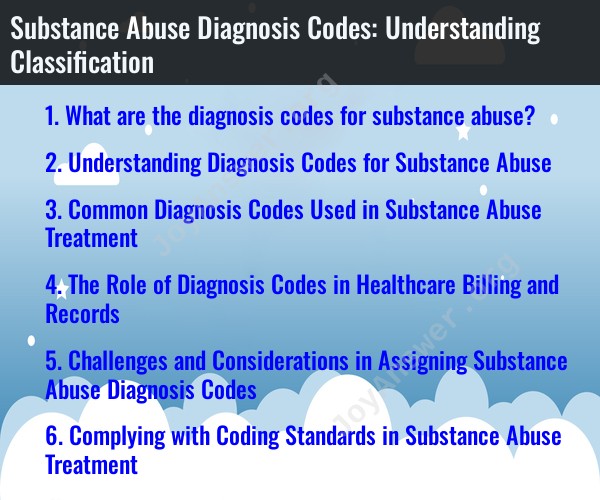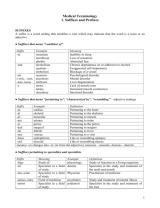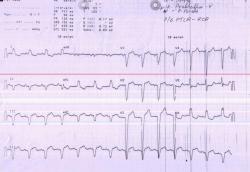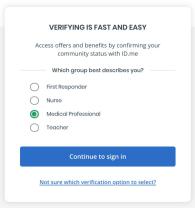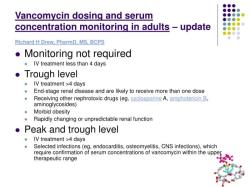What are the diagnosis codes for substance abuse?
Diagnosis codes for substance abuse and related disorders are typically classified under the International Classification of Diseases, 10th Edition (ICD-10). ICD-10 is a system used by healthcare professionals to code and classify various medical conditions, including substance use disorders. The specific diagnosis codes for substance abuse may include the following:
F10. - Alcohol-related disorders:
- F10.1 - Alcohol abuse
- F10.2 - Alcohol dependence
- F10.20 - Alcohol dependence, uncomplicated
- F10.21 - Alcohol dependence, in remission
- F10.23 - Alcohol dependence with withdrawal
- F10.29 - Other alcohol dependence
F11. - Opioid-related disorders (e.g., heroin, prescription opioids):
- F11.1 - Opioid abuse
- F11.2 - Opioid dependence
- F11.20 - Opioid dependence, uncomplicated
- F11.21 - Opioid dependence, in remission
- F11.23 - Opioid dependence with withdrawal
- F11.29 - Other opioid dependence
F12. - Cannabis-related disorders:
- F12.1 - Cannabis abuse
- F12.2 - Cannabis dependence
- F12.20 - Cannabis dependence, uncomplicated
- F12.21 - Cannabis dependence, in remission
- F12.23 - Cannabis dependence with withdrawal
- F12.29 - Other cannabis dependence
F13. - Sedative, hypnotic, or anxiolytic-related disorders:
- F13.1 - Sedative, hypnotic, or anxiolytic abuse
- F13.2 - Sedative, hypnotic, or anxiolytic dependence
F14. - Cocaine-related disorders:
- F14.1 - Cocaine abuse
- F14.2 - Cocaine dependence
F15. - Other stimulant-related disorders (e.g., amphetamines):
- F15.1 - Stimulant abuse
- F15.2 - Stimulant dependence
F16. - Hallucinogen-related disorders:
- F16.1 - Hallucinogen abuse
- F16.2 - Hallucinogen dependence
F18. - Inhalant-related disorders:
- F18.1 - Inhalant abuse
- F18.2 - Inhalant dependence
F19. - Other psychoactive substance-related disorders:
- F19.1 - Other psychoactive substance abuse
- F19.2 - Other psychoactive substance dependence
These codes are used by healthcare professionals to document and bill for the treatment of substance use disorders. It's essential to note that the ICD-10 system provides a wide range of codes to specify the type of substance abuse and its severity. Diagnosis codes for substance use disorders are typically assigned by healthcare providers during the diagnostic and treatment process and are used for medical billing and record-keeping purposes. Proper diagnosis coding is important for tracking and addressing substance abuse issues and ensuring that patients receive appropriate care.
Understanding Diagnosis Codes for Substance Abuse
Diagnosis codes for substance abuse are used to identify and classify mental health disorders related to the use of psychoactive substances. These codes are based on the Diagnostic and Statistical Manual of Mental Disorders (DSM-5), which is published by the American Psychiatric Association.
The DSM-5 includes a number of different diagnosis codes for substance abuse, including:
- Alcohol use disorder
- Opioid use disorder
- Cannabis use disorder
- Sedative, hypnotic, or anxiolytic use disorder
- Stimulant use disorder
- Cocaine use disorder
- Hallucinogen use disorder
- Polysubstance use disorder
Common Diagnosis Codes Used in Substance Abuse Treatment
The following are some of the most common diagnosis codes used in substance abuse treatment:
- F10.10: Alcohol abuse
- F11.20: Opioid abuse
- F12.20: Cannabis abuse
- F13.20: Sedative, hypnotic, or anxiolytic abuse
- F14.20: Stimulant abuse
- F15.20: Cocaine abuse
- F16.20: Hallucinogen abuse
- F19.20: Polysubstance abuse
The Role of Diagnosis Codes in Healthcare Billing and Records
Diagnosis codes are used for a number of purposes in healthcare, including billing and records. When a patient receives treatment for substance abuse, their healthcare provider will assign them a diagnosis code. This code is then used to bill the patient's insurance company for the services provided.
Diagnosis codes are also used to track patient outcomes and to conduct research on substance abuse. By tracking the diagnosis codes of patients who receive treatment for substance abuse, healthcare providers can identify trends and patterns. This information can then be used to improve the quality of care and to develop new treatments.
Challenges and Considerations in Assigning Substance Abuse Diagnosis Codes
Assigning substance abuse diagnosis codes can be challenging for a number of reasons. First, substance abuse can be a complex and multifaceted disorder. There is no one-size-fits-all approach to diagnosing substance abuse.
Second, patients may be reluctant to disclose their substance use to their healthcare provider. This may be due to fear of stigma or fear of judgment.
Finally, healthcare providers may not have adequate training in diagnosing substance abuse. This can lead to misdiagnosis or underdiagnosis.
Complying with Coding Standards in Substance Abuse Treatment
Healthcare providers who treat substance abuse must comply with coding standards. These standards are set by the Centers for Medicare and Medicaid Services (CMS).
The CMS coding standards are designed to ensure that diagnosis codes are used accurately and consistently. This helps to ensure that patients receive the correct coverage from their insurance companies and that healthcare providers are reimbursed accurately for their services.
Here are some tips for complying with coding standards in substance abuse treatment:
- Use the most recent version of the DSM-5 to assign diagnosis codes.
- Be specific when assigning diagnosis codes. For example, instead of assigning the code for "substance abuse," assign the code for the specific substance that the patient is abusing.
- Document the patient's substance use in their medical record. This will help you to justify the diagnosis code that you assign.
- Stay up-to-date on the latest coding standards. CMS regularly updates its coding standards. It is important to stay up-to-date on these changes to ensure that you are complying with the latest requirements.
By following these tips, healthcare providers can help to ensure that their patients receive the correct coverage from their insurance companies and that they are reimbursed accurately for their services.
